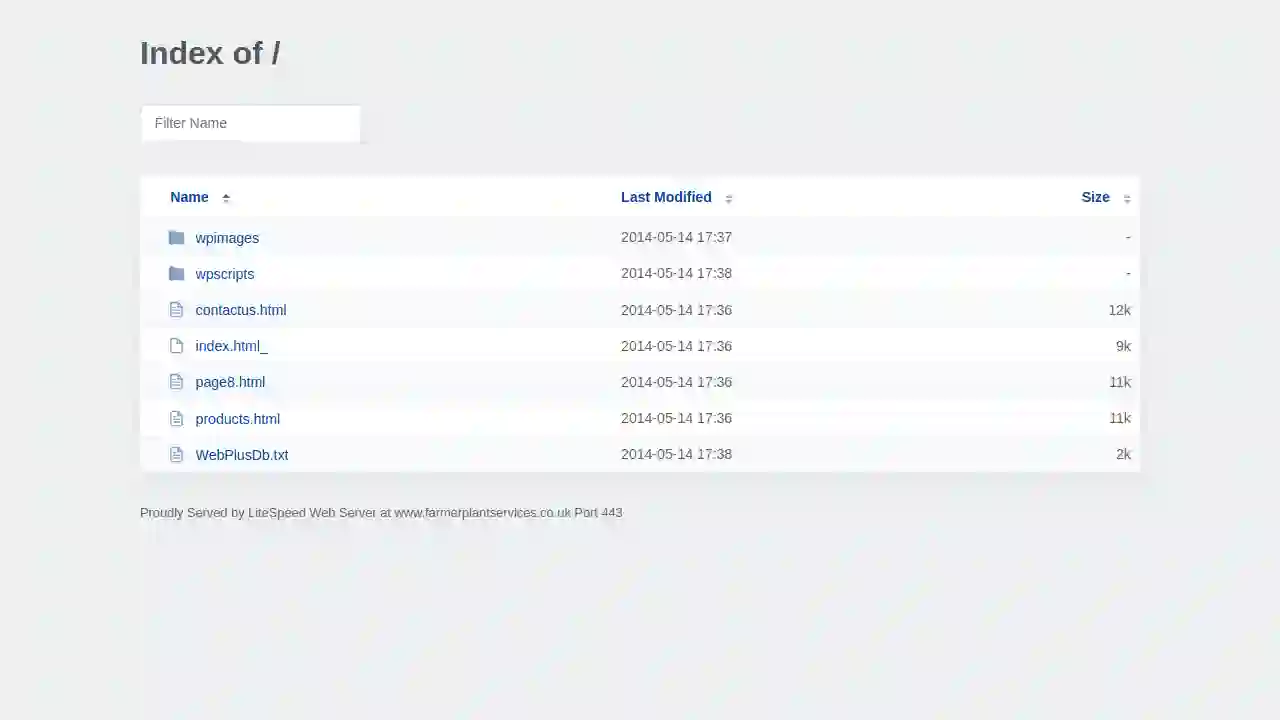Excavation Contractors Telford
Top Excavating Contractors in Telford
Receive 3 FREE Excavating Contractor quotes for your project today! Compare profiles, reviews, accreditations, portfolio, etc... and choose the best deal.

One Source Construction Services
54 reviews17 Foresters Close, Horsehay, Telford, Shropshire, TF4 3BW, GBAbout Us One Source construction Services are based in Telford, We cover works within the Midlands area. Our projects include both new construction, repairs/restorations across all areas of the industry. Occupied and fully operational job sites are never a problem. Also, we can plan, manage, and build multi-phase jobs. At One Source Construction Services we aim to be a one stop shop where we take all the stress of organising your project so you don`t have to. Working Together We offer an end-to-end client experience that includes; seamless communication, budgeting, staffing, on-site organisation, and solid, quality handy-work every time. Why Choose Us? We carry out all aspects of construction works projects, big or small. Call us today and bring our project management skills and extensive construction experience to your next project.
- Services
- Why Us?
- Gallery
Get Quote- ki
kings driveways
1Telford, GB- Services
- Why Us?
Get Quote 
Farmer Plant Services
1Telford, GBFarmer Plant Services: Your Trusted Partner for Environmental Projects Farmer Plant Services is a company with a wealth of experience in delivering a wide range of environmental projects. We are dedicated to providing high-quality services that meet the specific needs of our clients. Whether you require the construction of a wildlife pool, the installation of a slate bridge, or the creation of woodland tracks, our team has the expertise and commitment to deliver exceptional results. We understand the importance of working in harmony with the environment. Our team is highly skilled in navigating challenging terrain, including rough terrain and sloping ground. We are committed to minimizing our environmental impact and ensuring the sustainability of our projects. Explore our website to learn more about our services and view examples of our past projects. Contact us today to discuss your environmental project needs and let us help you bring your vision to life.
- Services
- Why Us?
- Gallery
Get Quote- Wr
Wrekin Buildings Farm
4.415 reviewsTelford, GB- Services
- Why Us?
Get Quote - Pa
Paverightconstruction
56 reviewsTelford, GB- Services
- Why Us?
Get Quote - MS
MSR Building Ltd
57 reviewsTelford, GB- Services
- Why Us?
Get Quote - Ro
Rosehill Contractors Ltd
511 reviewsTelford, GB- Services
- Why Us?
Get Quote - Te
Telford Driveways
511 reviewsTelford, GB- Services
- Why Us?
Get Quote - Tr
Tradestone Construction Ltd
533 reviewsTelford, GB- Services
- Why Us?
Get Quote - G.
G.n Groundworks Ltd
1Telford, GB- Services
- Why Us?
Get Quote
Over 11,537+ Excavation Pros on our directory
Our excavation experts operate in Telford & beyond!
ExcavationHQ has curated and vetted the Best Excavation Businesses in Telford. Find a top & reliable contractor today.
Frequently Asked Questions About Excavation Contractors
- Project Size and Scope: Larger, more complex excavations naturally take longer.
- Soil Conditions: Rocky or challenging soil types can slow down progress.
- Site Accessibility: Limited access might require more time for maneuvering equipment and hauling materials.
- Weather: Inclement weather can cause delays.
- Permitting and Inspections: Waiting for permits or inspections can extend the timeline.
- Clearly Define the Scope: Outline the project's goals, including the excavation area, depth, grade, and intended use.
- Obtain Necessary Permits: Research and acquire any required permits from your local authorities.
- Mark Utility Lines: Contact your utility companies to locate and mark underground utilities to prevent damage.
- Communicate with Neighbors: Inform your neighbors about the project's timeline and potential noise or disruptions.
- Prepare the Site: Clear any obstacles, such as vegetation, furniture, or structures, from the excavation area.
- Discuss Safety Protocols: Review safety procedures with the contractor to ensure a safe work environment.
How long does an excavation project take?
What is the difference between cut and fill excavation?
Cut: Involves excavating soil from an area where the existing grade is higher than the desired grade.
Fill: Refers to using the excavated soil ('cut' material) to raise the grade in an area where the existing grade is lower than desired.
This method minimizes the need to import or export soil, reducing costs and environmental impact. It's commonly used for site preparation, road construction, and landscaping.
What should I do before excavation starts?
What is the difference between topsoil and subsoil?
Topsoil: The uppermost layer, typically rich in organic matter, nutrients, and microorganisms. It's essential for plant growth and is often darker in color.
Subsoil: The layer beneath the topsoil, containing less organic matter and generally denser. It provides support for roots but is less fertile than topsoil.
During excavation, topsoil is often removed and preserved separately for later use in landscaping, while subsoil is typically used for backfilling or other less demanding applications.
How long does an excavation project take?
- Project Size and Scope: Larger, more complex excavations naturally take longer.
- Soil Conditions: Rocky or challenging soil types can slow down progress.
- Site Accessibility: Limited access might require more time for maneuvering equipment and hauling materials.
- Weather: Inclement weather can cause delays.
- Permitting and Inspections: Waiting for permits or inspections can extend the timeline.
What is the difference between cut and fill excavation?
Cut: Involves excavating soil from an area where the existing grade is higher than the desired grade.
Fill: Refers to using the excavated soil ('cut' material) to raise the grade in an area where the existing grade is lower than desired.
This method minimizes the need to import or export soil, reducing costs and environmental impact. It's commonly used for site preparation, road construction, and landscaping.
What should I do before excavation starts?
- Clearly Define the Scope: Outline the project's goals, including the excavation area, depth, grade, and intended use.
- Obtain Necessary Permits: Research and acquire any required permits from your local authorities.
- Mark Utility Lines: Contact your utility companies to locate and mark underground utilities to prevent damage.
- Communicate with Neighbors: Inform your neighbors about the project's timeline and potential noise or disruptions.
- Prepare the Site: Clear any obstacles, such as vegetation, furniture, or structures, from the excavation area.
- Discuss Safety Protocols: Review safety procedures with the contractor to ensure a safe work environment.
What is the difference between topsoil and subsoil?
Topsoil: The uppermost layer, typically rich in organic matter, nutrients, and microorganisms. It's essential for plant growth and is often darker in color.
Subsoil: The layer beneath the topsoil, containing less organic matter and generally denser. It provides support for roots but is less fertile than topsoil.
During excavation, topsoil is often removed and preserved separately for later use in landscaping, while subsoil is typically used for backfilling or other less demanding applications.